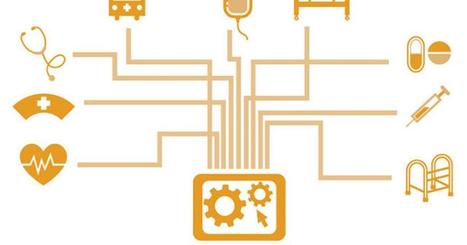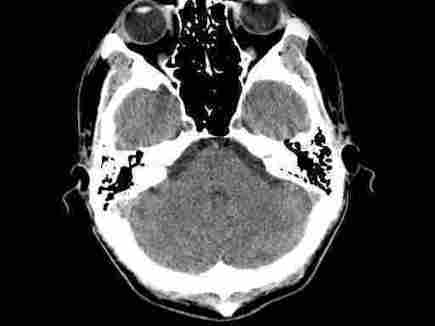Patients with mental health conditions had positive perceptions about electronic medical records (EMRs) and physician clinical notes after being given full access to their records, according to a study published in the Annals of Family Medicine.
Throughout the last 10 years, EMRs and clinical notes have become more accessible to patients, with some evidence suggesting the access helps patients become more engaged and confident with their doctors. Despite the benefits, some clinicians and doctors have concerns about sharing clinic notes with mental health patients due to safety reasons.
In the study, a research team compared the perceptions patients with and without a mental health diagnosis had about EMRs after receiving full access to clinical notes through secure online portals.
The team used data from an original OpenNotes study, which provided patients full access to their EMRs and clinical notes from multiple healthcare systems.
The patients were then asked to complete a survey on their thoughts using EMRs. The survey was completed by 2,534 total patients—400 patients had a mental health diagnosis, while 2,134 patients did not.
According to the results, patients with mental health conditions enjoyed having access to their records.
“Compared with patients without mental health diagnoses, primary care patients with mental health diagnoses were similarly enthusiastic about the utility of reading their doctors’ notes online,” the study said.
The research team also suggested access to EMRs may increase communication and trust between doctors and mental health patients.
Access the Annals of Family medicine study at http://www.annfammed.org/content/16/4/343.full
read the unedited original article at https://www.clinical-innovation.com/topics/ehr-emr/mental-health-patients-access-emrs-clinical-notes



 Your new post is loading...
Your new post is loading...











Its increasingly being found by more than 1 study that there EHRs are a big benefit to Mental health professionals as well as their patients. EHR's with simplified note taking , as well as simple health intervention technologies are a great help in the mental health profession. #HealthIT has a useful role to play in Mental Health.